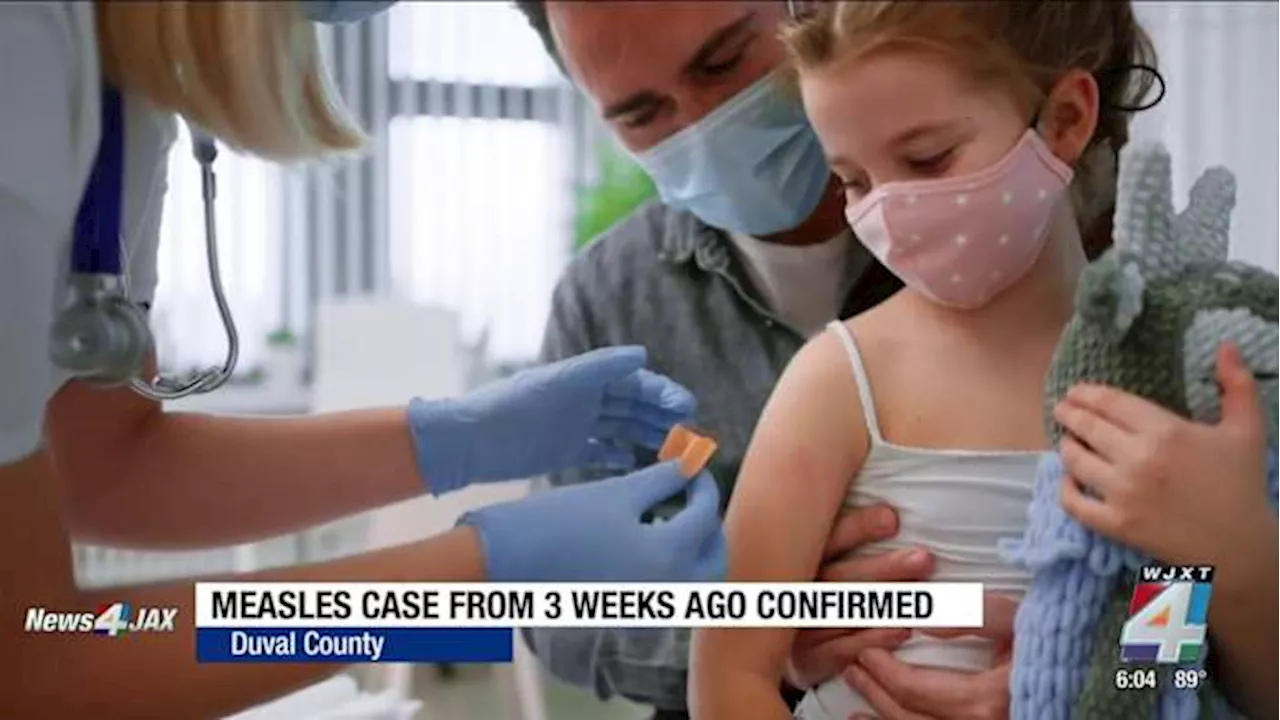The Florida Department of Health has come under scrutiny following the revelation of missing data in a significant report concerning COVID-19 vaccinations. This gap has prompted renewed discussions about the state’s transparency regarding health data, especially amid ongoing debates over vaccine mandates.
Critics argue that the absence of comprehensive data undermines public trust and raises concerns about the state’s commitment to transparency. The report, released in November 2023, is crucial for understanding vaccination rates and the overall efficacy of the state’s health strategies.
Data Discrepancies Highlighted
Missing data points include specific figures related to vaccination rates among different demographics and the effectiveness of various vaccines. According to the Florida Department of Health, the report was intended to provide a clear overview of the vaccination landscape; however, the gaps have led to questions about the reliability of the information presented.
Public health experts emphasize that accurate data is essential for effective health policy and communication. Dr. Maria Thompson, a public health researcher, stated, “Without complete data, it becomes challenging to assess the impact of vaccination efforts or to make informed decisions regarding public health initiatives.”
This situation is particularly pertinent as discussions around vaccine mandates continue to evolve. Many argue that reliable data is necessary to justify any mandates, which could significantly affect public health policy and individual freedoms.
Calls for Increased Accountability
Advocates for transparency and accountability are calling for the Florida Department of Health to address these discrepancies promptly. They argue that the public deserves access to complete and unfiltered information that can aid in making informed health decisions.
The state has faced criticism in the past regarding its handling of public health data, particularly during the pandemic. As the debate over vaccine mandates intensifies, the demand for transparency grows stronger.
In response to the concerns, a spokesperson for the Florida Department of Health stated, “We are committed to ensuring that the public has access to accurate health information. We are currently reviewing the report to correct any inaccuracies and will provide an update as soon as possible.”
The implications of this missing data extend beyond mere statistics. For many Floridians, the decisions made by health authorities significantly affect their lives, making transparency more crucial than ever. As the state navigates the complexities of public health, it faces mounting pressure to ensure that its data practices are robust and trustworthy.






































































